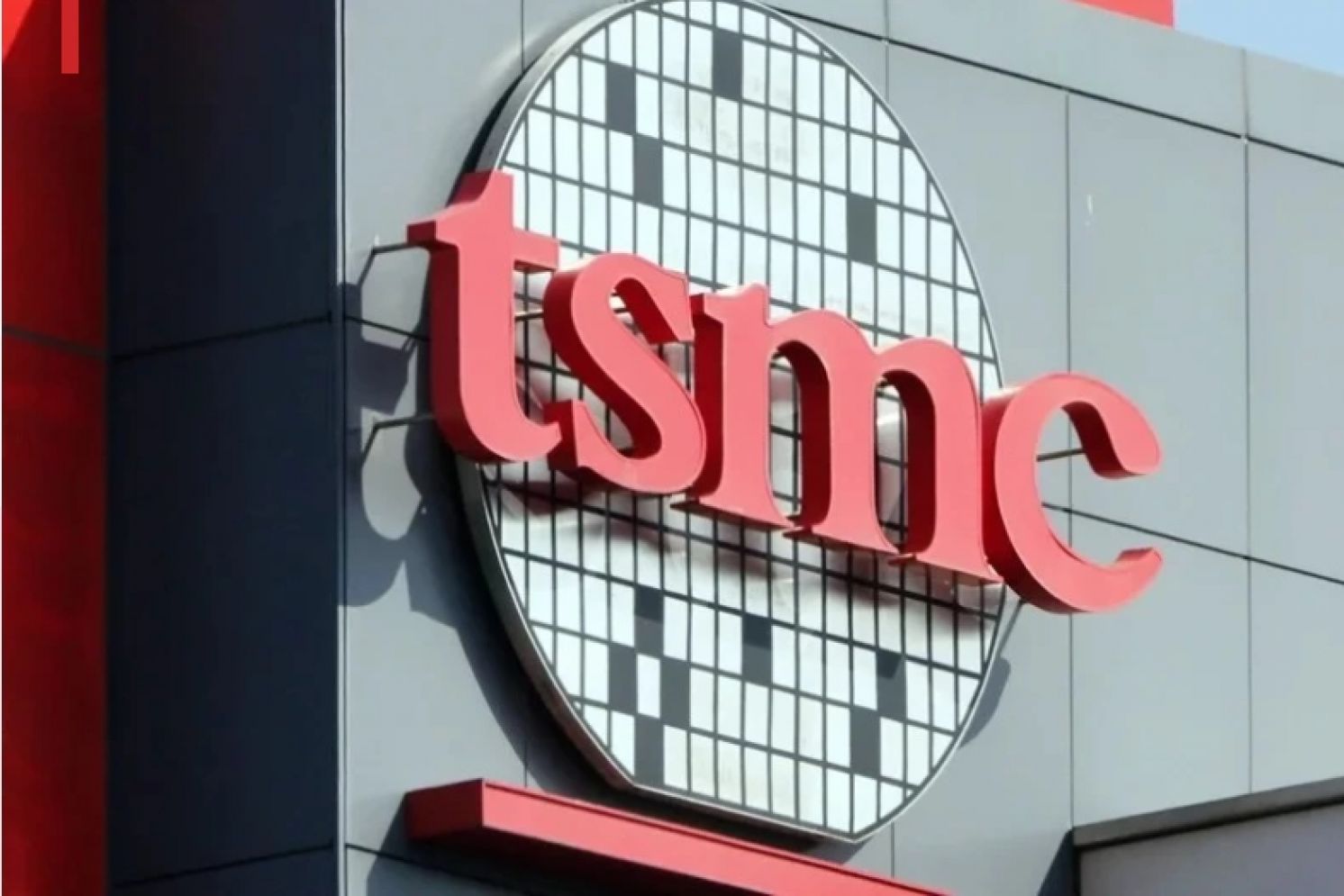
TSMC Arizona Plant Delays: U.S. Should Invest in Taiwan's Security Rather Than Focus on Made in America
United Daily News, July 21, 2023
The Taiwan Semiconductor Manufacturing Company’s (TSMC) construction delay of its Arizona wafer fab has presented a serious challenge to the United States since it sees the fab as a metric for its return to the local production of semiconductors.
From the beginning, TSMC founder, Morris Chang, has indicated that building a wafer fab in the U.S. is not a wise move. The delay attested to Chang's foresight. This shows that the United States should invest in Taiwan's security rather than focus on making “Made in America” the standard.
Due to the lack of skilled labor, the scheduled installation of production equipment in TMSC's Arizona fab in the second season has been delayed. Chairman Mark Liu of TSMC confirmed that the production will be delayed to 2025.
Although the CHIPS and Science Act passed by the U.S. Congress provided that any company which builds a new fab or expands its current one in the United States will be subsidized, the conditions for subsidy are very strict. For example, the company that receives U.S. subsidies is prohibited to expand, within ten years, its investment in China; and is required to submit its trade secrets and profit-sharing plan. As a result, for some time both TSMC and Samsung were hesitant to submit their respective applications.
Chang once said that the United States’ plan to return to the production of semiconductors is not a wise move because production costs in the United States are at least 50 percent higher than that in Taiwan. Chang later revised his estimate to be much higher.
When then-Speaker Nancy Pelosi visited Taiwan last year, Chang pointed out to her in person that the U.S. is naïve to think that huge investments alone can enable them access to one of the most complicated electronics-manufacturing business markets. Chang further emphasized that if the U.S. wants a reliable semiconductor industry, it should continue to invest in Taiwan's security, as Taiwan's TSMC already produces the product that the U.S. wants.
Chang pinpointed the challenges the United States will encounter if she is to return to the semiconductor manufacturing business. A case in point is TMSC's Arizona fab. The delay of the fab's construction progress has been the longest since the founding of TSMC. The obstacles are many, including the complete difference in supply chain, along with the differences in legal regulations, and employee culture and habits.
So why did TSMC decide to go? Liu has clarified repeatedly that it is for TSMC's customers. However, what is not revealed is that the chips used in F35 fighters are original equipment manufacturing (OEM) orders to TSMC by Xilinx, an American programmable logic device company. On national security considerations, the White House requested Xilinx that the chips used for F35 fighters be produced locally in the United States. TSMC had proposed that a tracking system be set up to monitor the chips' flow, but the White House did not approve. Under such pressure, if TSMC does not cooperate, the orders will be directed to Samsung and Intel Corp, which have production lines in the United States. That is why TSMC began to take building a fab in the United States into consideration and responded favorably when the United States passed the law to subsidize those who do so.
What TSMC did not expect is that in the United States, you must resubmit your design for approval if there is any change and wait for a pass before can you start building again. In Taiwan, the contractor can build the fab speedily after every design change. Another cause for delay is that the experienced professionals sent by the TSMC to the United States can only direct local labor and are unable to install the equipment themselves for they don’t have U.S. work permits.
Unfortunately, the professionals sent by TSMC became an excuse for former President Donald Trump to criticize President Joe Biden. In an interview, Trump criticized Taiwan for taking away American jobs and said that he will impose a tax on Taiwan, in an effort to compete with Biden in his presidential bid.
There are concerns that, under so many challenges, the Arizona fab will drag behind TMSC's operation. However, once you understand that leading in technology is the key to competition for TSMC, you will know that this is a well-rounded policy for them to win over customers and prevent competitors from catching up. What is more, TMSC can make up for the higher costs in the Arizona plant through regional pricing, U.S. subsidies, and process optimization. Consequently, the construction delay of the Arizona fab will not negatively affect TMSC as much as one may imagine. However, on the part of the United States, which encourages TMSC to invest in the fab, it should offer TMSC favorable conditions and environments for production. The U.S. making things difficult for TMSC would be like running away from its goal of encouraging the “Made in America” standard.